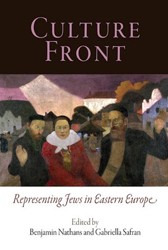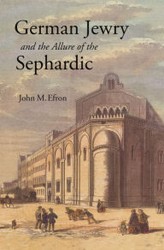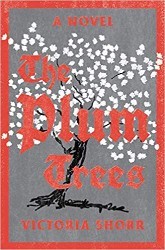This impressive anthology pays tribute to the eminent scholar of German Jewish intellectual and cultural history, Steven Ascheim, whose work spans such disparate topics as the history of cultural relations between German and East European Jews, the legacy of Nietzsche’s thought in twentieth century Germany, and the lives and thought of those storied German Jewish “marginal intellectuals,” whose contradictory relations of attraction, repulsion, and critique vis-a-vis both German and Jewish culture rendered them paradoxically central to both.
A first section, “Strauss, Scholem, Arendt, and Benjamin,” features essays focused particularly on political philosopher Leo Strauss’s relationship to Zionism and to Marxism and on subtly clashing reconstructions of the relationship between speculative religion and Zionism in the thought and political praxis of Gershom Scholem. The second section, “Political Positionings in Hard Times,” traces the social thought of the Weimar industrialist Walther Rathenau, the historian of nationalism Hans Kohn’s pained but extreme rejection of Zionism in 1929, and the enduring philosophical problem of Emmanuel Levinas’s indebtedness to the tarnished legacy of Martin Heidegger.
The third section, “Brothers and Strangers,” takes up Ascheim’s classic theme of German Jewish relationship to “authentic” identities both real and imagined through essays on the internationalist dimensions of the “Pan-Asianist” Zionism of Eugen Hoeflich, German-Jewish American approaches to East European Jewish immigrants, and Vivian Liska’s illuminating Derridean interpretation of Paul Celan’s hermetic comments about “Judaizing oneself” after the Holocaust.
The final section, “In the Shadow of the Holocaust,” includes an illuminating comparison of compensatory history writing by Jews in Germany, France, and Hungary in the shadow of Nazism, methodological reflections on the use of survivor testimonies as a source, and reconstruction of how the Nuremberg trials provoked three Jewish jurists — Jacob Robinson, Hersch Lauterpacht, and Raphael Lemkin — to articulate early versions of the three key alternative visions of the Holocaust’s legal-ethical significance: as a slaughter directed specifically against the Jewish people and thus demanding a Jewish national response, as a crime to be framed in terms of inviolable individual human rights, and as a distinct sort of crime of extermination against human collectivities, genocide. Finally, in a truly masterful essay, Anson Rabinbach revisits the much-discussed question of how — and with what degree of seriousness — the unorthodox Marxist Frankfurt School thinkers Max Horkheimer and Theodor Adorno addressed the “Jewish Question” during and after the Holocaust. In a bravura combination of archival research and close reading, Rabinbach demonstrates the growing urgency that these thinkers — often accused of “Jewish self-hatred” — accorded anti-Semitism in their account of how modernity had gone off the rails.
Against the Grain is a stellar anthology that belongs not only in every university library but also in the libraries of Jewish institutions serving serious readers.





